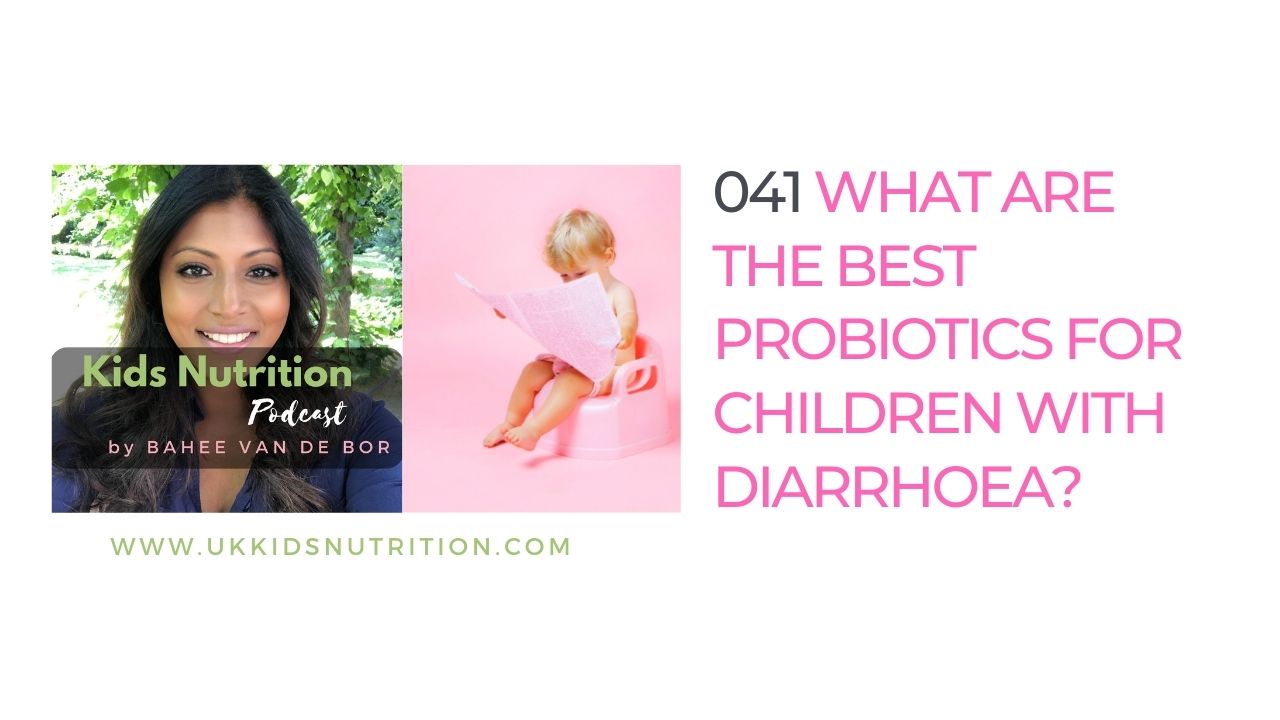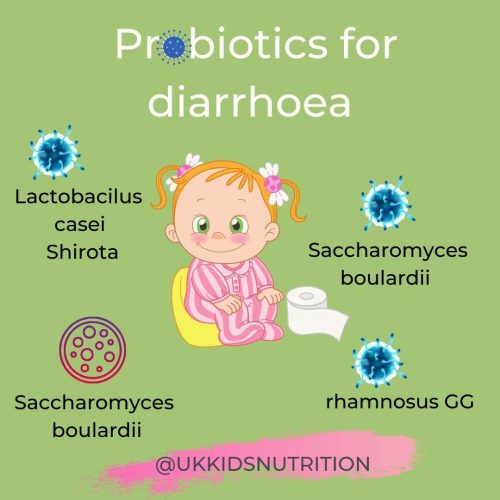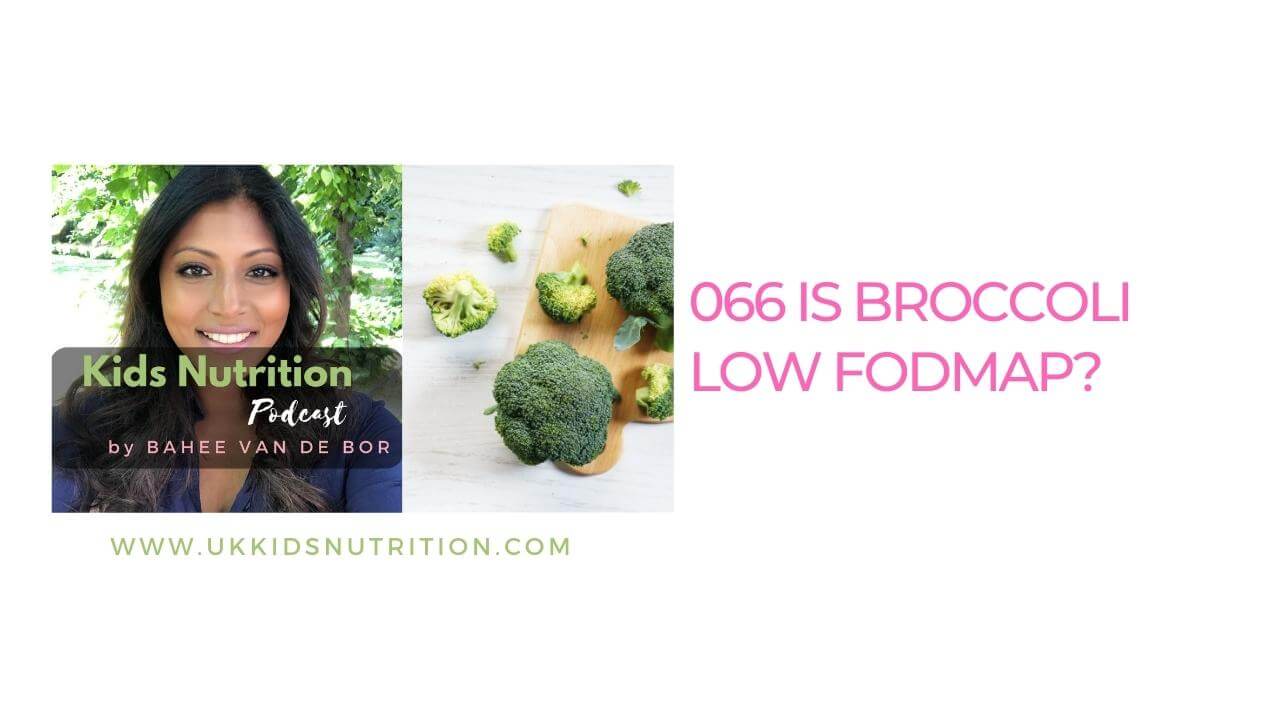Subscribe: Apple Podcast | Email | Spotify | Stitcher
Click on the media player above to listen to the podcast episode
Which probiotics help toddler diarrhoea?
Have you ever wondered what’s the best probiotics for children with diarrhoea?
If that sounds familiar, then this podcast episode is for you.
The great thing about probiotics is that it is considered safe to take.
As a quick recap on probiotics, these are live microorganisms that live in our digestive system aka the gut and are also found in breast milk.
But not all probiotics will work for diarrhoea, so how do you pick the right one?
Yes, probiotics are safe, effective and can offer health benefits when taken in the right amounts, but you do need to select the correct strains if you are specifically looking to help your child with diarrhoea.
Which probiotics are best for children with diarrhoea?
Before we dive in, remember to always follow the advice your child’s doctor gives you about treating diarrhoea.
Although specific strains of probiotics have been shown to be effective in reducing:
- how long your child will have diarrhoea
- severity of diarrhoea
It’s important to use probiotics alongside any other prescribed medications and oral rehydration therapy or solutions that your doctor or dietitian recommends.
How do probiotics work?
If your child has a medical condition or a condition where their immune system is compromised, then please check with your child’s medical team whether probiotics are safe to take.
Probiotics work by feeding on the fibre that your child eats, then make short-chain fatty acids which further help the growth of friendly bacteria in the gut.
This then helps prevent the growth of ‘bad’ or ‘harmful’ bacteria in your child’s body and can also have a positive effect on their immunity and general overall health and well-being.
Lactobacillus Rhamnosus GG
Lactobacillus rhamnosus GG has been shown to reduce the risk of infectious and antibiotic-related diarrhoea. In a systematic review, combined data from 11 RCTs showed that rhamnosus GG was effective in reducing the duration of diarrhoea in European and non-European settings when used at a daily dose of ≥1010 colony-forming units (CFU).
ESPGHAN Working Group for Probiotics and Prebiotics, therefore, concluded that rhamnosus GG can be considered as an adjunct to rehydration therapy.
Note, as of April 2020 L. rhamnosus has been officially reclassified to Lacticaseibacillus rhamnosus so the full strain name may also be referred to as Lacticaseibacillus rhamnosus GG®.
Saccharomyces boulardii
Similarly, a collection of RCTs in healthy children concluded that Saccharomyces boulardii CNCM I745 has been effective in reducing the duration of diarrhoea by one day and also in the risk of developing diarrhoea on day 3.
Due to the lack of reliable evidence, it is not possible to recommend other strains in the management of diarrhoea.
Note that the AGA clinical guidelines published this year stated that “while there was evidence for probiotics in the prevention of C difficile, the technical review found a significant knowledge gap in the use of probiotics in the treatment of C difficile and recommend this as an area for further study.
Other useful blog posts:
Other useful podcast episodes:
Masterclass Recordings
What Makes Picky Eaters And The Best Ways To Help Them
Let’s Nail Weaning (Baby-Led Weaning or Spoon Feeding)
Let Me Help
Would you like to meet a children’s dietitian who has successfully helped families solve their nutrition problems from around the world?
No matter what you are worried about, I’ll help you manage these with confidence.




